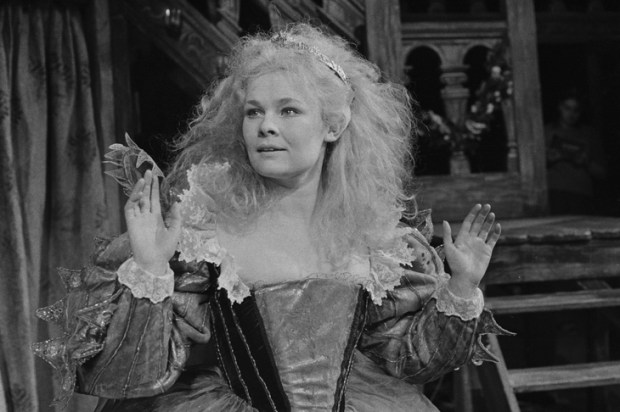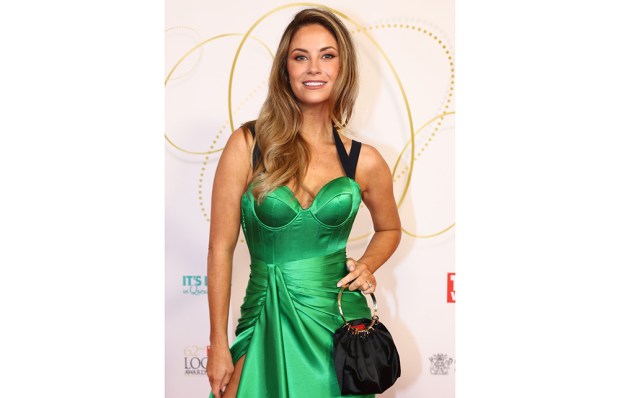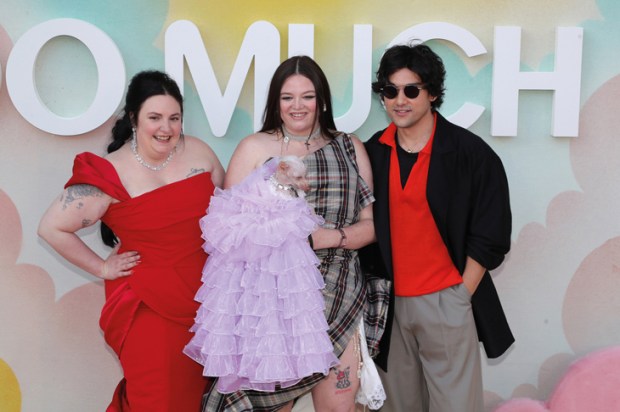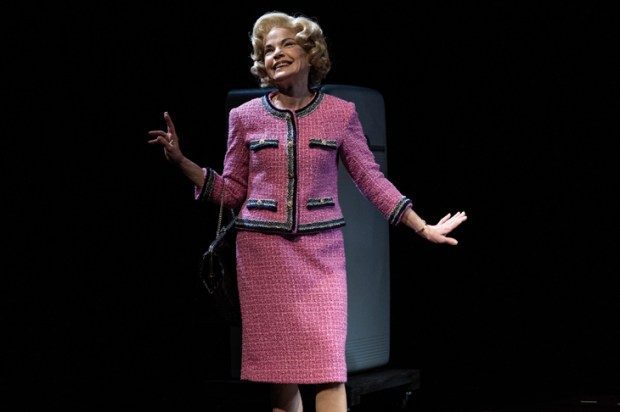It will be fascinating to see the retrospective of work by Jan Senbergs who died this year and who looms as a major figure for many lovers of Australian painting. Patrick McCaughey has written eloquently of the transition from Senbergs’ affectionate vision of American cities in 1989 and 1990 when he was visiting professor of Australian Studies at Harvard. It was, he says, a crossroads for Senbergs because it is a universal truth of painterly visions of America that ‘by their cities shall they be known’ and Senbergs responded ‘avidly’ to such great American cities as Chicago and New York. Patrick McCaughey says Senbergs ‘adopted the bird’s eye perspective… presenting a hybrid of the urban view and a map’. Then in 1999 he paints Melbourne and ‘brings such brio to his panoramic vista of such monuments as the MCG and the Westgate Bridge, celebrating the curve of the Yarra’.
From there it was a natural progression for the sense of the map as a constricted thing tightened and semi-abstract for all its familiarities to take over and Senbergs sharpens this contrast with great power as if the shaping limitation overrode the affectionate detail. The show runs from 25 September to 12 October at Niagara Galleries.
It’s a season for announcements of what’s to come in the world of artistic endeavour and its intriguing to see that Anne-Louise Sarks (whose A Streetcar Named Desire with Nikki Shiels as Blanche reversed expectations) is making her debut as an opera director with Carmen, one of the most dramatic and fiery, as well as one of the most poignant of all operas. When Maria Callas recorded it with Georges Prêtre she brought a sort of introspective restraint to her performance as if she was in awe of the passion and pain Bizet had depicted. It was also a bit weird beyond belief that Zeffirelli made a film which used the recording with a completely different cast (notably Julia Migenes-Johnson as the great singer of the Habanera).
Carmen is one of those operas which has entered the world’s consciousness as musical drama and it’s no coincidence that Oscar Hammerstein gave it a punchy set of English lyrics with his version of the Toreador song ‘Stand up and fight’ perhaps the most famous.
We’ll have to wait till November 2025 to see the Sarks Carmen at the Regent. But the fact that Sarks is willing to put her stamp on such an extraordinarily familiar musical classic suggests that she has very distinctive ambitions when it comes to the widest range of canonical stage works.
It will make an interesting comparison with the production of Rossini’s Barber of Seville by the man who is arguably the most distinguished director of opera to hail from Melbourne, Elijah Moshinsky.
He was a man who believed in the energy of opera and the liberation that comes from a strict adherence to form. He was also a notable director of straight theatre and did the BBC production of Shakespeare’s Coriolanus with Alan Howard in the title role and the great Irene Worth as his mother Volumnia. It’s being done by Bell Shakespeare for the first time since 1996 when Steven Berkoff directed John Bell – not ideally suited to the role – and with Gillian Jones as Volumnia.
Bell Shakespeare’s press release tells us that Hazem Shammas (impressive in the first season of The Twelve with Sam Neill) is to play Coriolanus and the veteran Peter Carroll is to play the old patrician politician Menenius but there’s no mention of Volumnia who has one of the greatest scenes in Shakespeare when she pleads with her son to save Rome.
It would be a jewel in the crown of Robyn Nevin and it would not be hard to imagine it played with graphic power by Jane Montgomery Griffiths whose classical technique carries the world before it.
Marion Potts, who once ran the Malthouse, is back with Bell after 15 years to direct J.K. Kazzi in that most glamorous of warrior roles, Henry V. His background is Lebanese which is a reminder of how troubled the world is.
There is a natural transition from Henry V (the boisterous Prince Hal of Henry IV who breaks Falstaff’s heart) to Coriolanus. Both of the roles were taken by Laurence Olivier and Richard Burton, the latter directed in the part by that lord of the dance Australia’s Robert Helpmann.
Larry played Coriolanus in the legendary 1959 season at Stratford with Edith Evans as Volumnia. When the young Albert Finney had to step in for him he said he didn’t have to act in the ‘boy of tears’ scene. Dame Edith just made him weep.
Coriolanus is the most austere, perhaps the most technically brilliant, as well as the last, of Shakespeare’s tragedies and Burton recorded it for Caedmon with Jessica Tandy (the first Blanche DuBois and the first Miss Daisy) as his Volumnia.
Marion Potts’ Bell Shakespeare production 15 years ago was of Hamlet with Brendan Cowell who made a very approximate attempt to play the Prince in classical standard English. Not that this worried brilliant young men who were discovering the play for the first time.
It’s interesting, though, that Brendan Cowell has had a successful career on the London stage – playing John Proctor in The Crucible and the husband in Lorca’s Yerma with Billie Piper – using the Australian accent he was born with, like Errol Flynn and Judith Anderson before him.
There’s no reason to wonder about accents with Opera Australia’s production of that philosophical musical of Leonard Bernstein’s Candide which has that man born to musical comedy (though he can also write very effective cross texture drama) Eddie Perfect in a leading role.
American accents (preferably New York ones) will be obligatory in the Handa production of that old Frank Loesser musical Guys and Dolls. Opera Australia remind us that it was filmed with Frank Sinatra and Marlon Brando. The greatest actor and the greatest singer of their day but what were they doing in this show? Brando actually sings his own songs and the director is Joseph Mankiewicz who made All About Eve (as well as the Burton/Taylor Cleopatra and that Brando film with a better script Julius Caesar).
By the way, Coppola senior’s Megalopolis would seem with its recapitulations of Roman history in a dysfunctional Trumpian America like an open invitation to brush up your Shakespeare, at least the Roman ones.
Got something to add? Join the discussion and comment below.
You might disagree with half of it, but you’ll enjoy reading all of it. Try your first month for free, then just $2 a week for the remainder of your first year.













